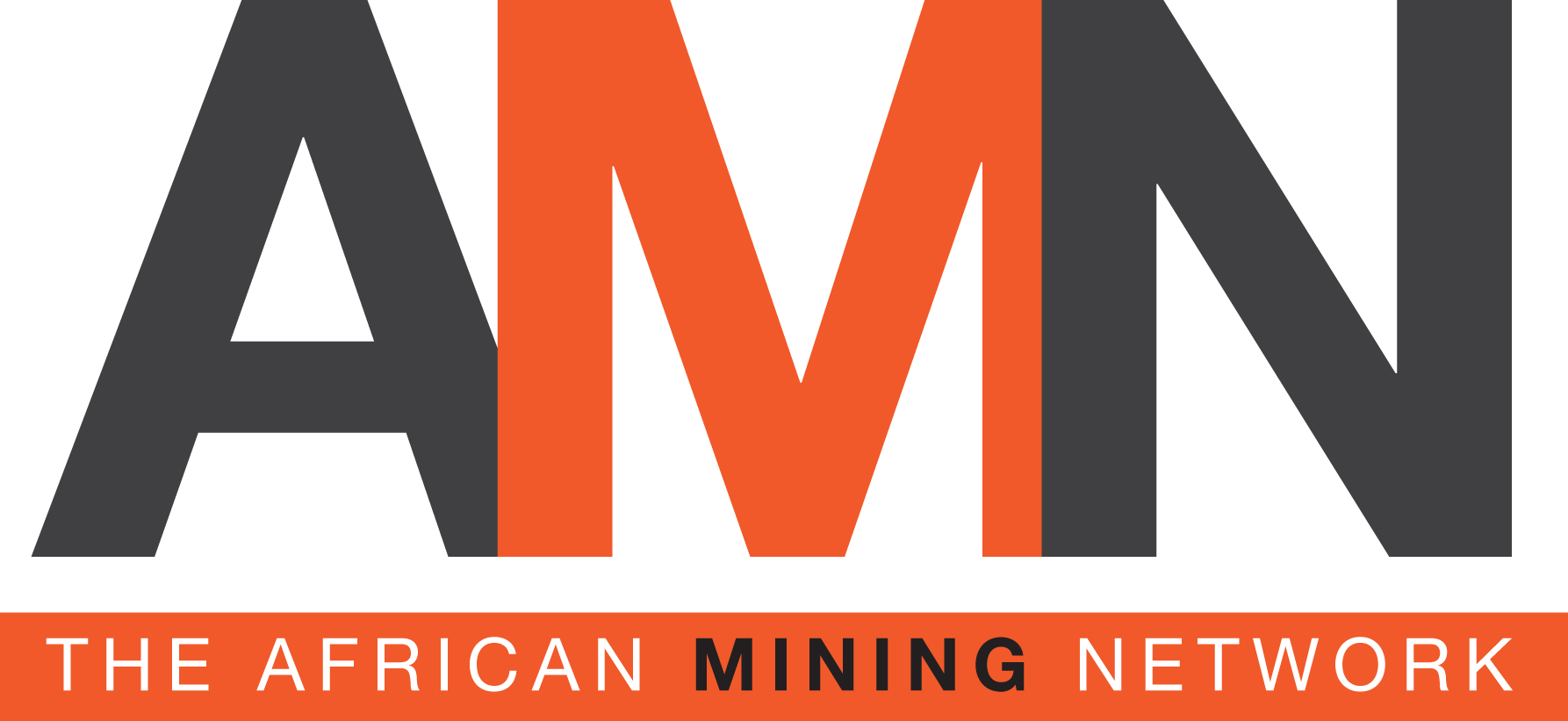- Yolanda Torrisi
- +61 412 261 870
- yolanda@yolandatorrisi.com
- Nina van Wyk
- +27 82 926 3882
- nina@africanminingnetwork.com

Zambia is confident that a review of mining regulations, including taxes and royalties, will result in it regaining its spot as Africa’s leading copper producing nation from the Democratic Republic of Congo (DRC). The southern African nation currently sits in second spot but is some distance behind DRC.
The review of laws it considered were stifling copper production was undertaken in 2015 and 2016, and included changes in mineral royalties and taxes.
In 2016 the US Geological Survey ranked Zambia seventh in the world at 711,000 tonnes produced, compared to DRC at 990,000 tonnes. Chile is ranked at the top of the list with 6 million tonnes produced in 2016.
Zambia has a long history of copper production and was ranked as the continent’s leading producer of the red metal until 2013.
Last year was the first time in six years that DRC recorded a decrease in copper production on account of Glencore, which partially suspended production at its Katanga mining operations. However, output for 2017 is certain to continue climbing in view of rebounding international copper prices.
Zambia’s Mines Minister Christopher Yaluma said despite challenges in the past, it aimed to reclaim the top copper producer status. These challenges included mineral royalty taxation, instability in policy formulation and delays in reviewing the mines and minerals act of 2015 to allow for initiatives aimed at increasing exploration by new and existing mine owners. Another issue to impact production in Zambia was electricity constraint.
He said the new Mineral Royalty Tax (MRT) would help the government achieve its 2017 mining revenue targets of 850,000.
The latest Mines and Minerals Development Bill has seen the MRT for open cast mines pegged at 9%, down from 20%, and 6% for underground mining operations. The system also reintroduced a 30% corporate income tax on income earned from mining operations, while corporate income tax on income from mineral processing is 35%.
The Minister says the government realised the implications of not addressing the challenges and it now expects to hit mining tax revenue targets this year. He says it was also in regular dialogue with the country’s Chamber of Mines which had increased consultation with the mining industry.
He is reported as saying: “Watch out, Democratic Republic of Congo – we’re catching up and will soon regain our top spot as Africa’s leading copper producer.”
Yolanda Torrisi is Chairperson of The African Mining Network and comments on African mining issues and the growing global interest in the African continent. Contact:yolanda@yolandatorrisi.com

